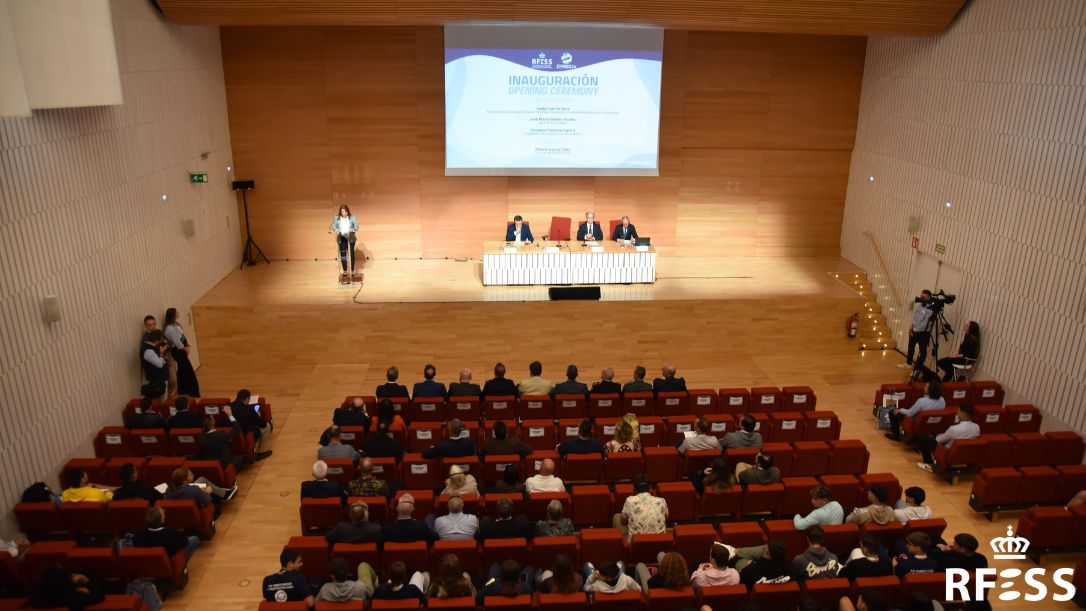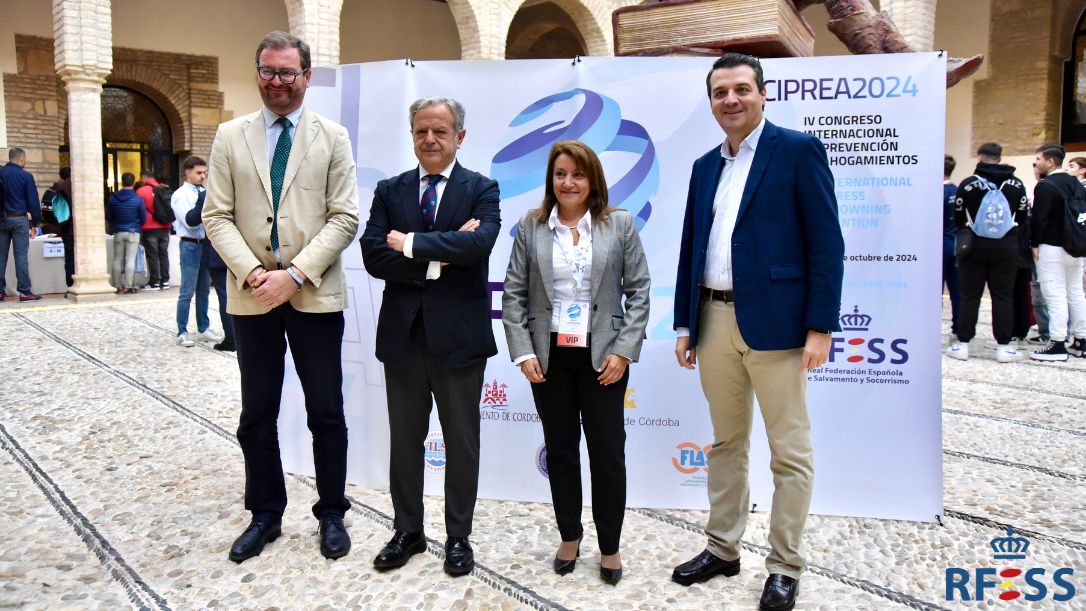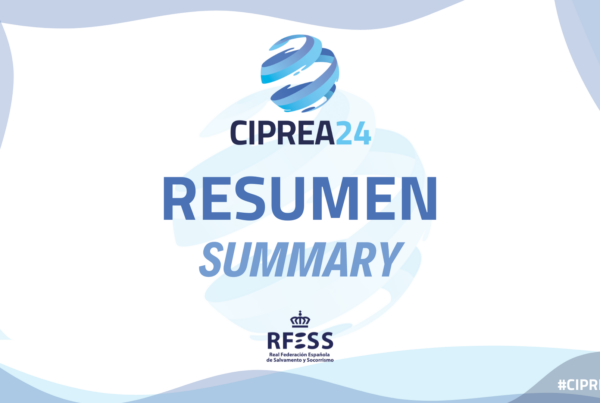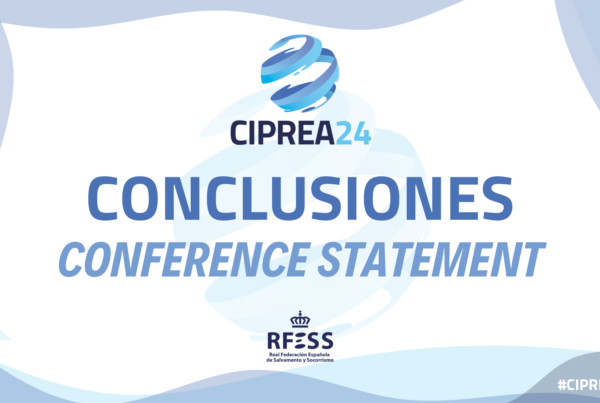
4.000 people have lost their lives in Spain due to unintentional drowning in the last ten years
CIPREA brings together more than 300 people from around twenty countries in Cordoba to discuss drowning prevention
More than 4.000 people will have lost their lives through unintentional drowning in the last ten years, since 2015, by the end of 2024.
This was stated by the President of the Management Committee of the Royal Spanish Lifesaving Federation, Isabel García Sanz, during the inauguration of the fourth edition of the International Congress on Drowning Prevention #CIPREA2024, which brings together from today until Sunday at the Palacio de Congresos de Córdoba more than 300 people from twenty countries on five continents.
“When we finish this year, unless there is a drastic decrease in fatal drownings in this last quarter, more than 4.000 people will have died in Spain in a decade, between 2015 and 2024, due to unintentional drowning,” said García Sanz during the opening of the Congress.

Isabel García Sanz, President of the Management Commission of the Royal Spanish Lifesaving Federation, talks to the media prior to the inauguration of CIPREA 2024. Author: Javier Sánchez /RFESS
The data come from the National Drowning Report (INA), the study that has been carried out by the Royal Spanish Federation of Rescue and Lifesaving (RFE) every day for the last ten years and which provides information on the number of people who have died as a result of unintentional drowning.
According to the INA, 426 people have died from unintentional drowning in Spain so far in 2024, an average of 1.5 deaths per day, a figure that highlights ‘the upward trend in the loss of human lives in Spanish aquatic areas that has been occurring since 2021’, stressed the president.
Deaths that could have been prevented
For Isabel García, ‘the loss of almost 4.000 human lives that have occurred in Spanish aquatic areas could have been avoided in most cases’.
This, she said, ‘if prevention and training in the use and enjoyment of aquatic areas were on the public agenda, if our public institutions were to take them on as a policy to be developed’.
In his opinion, ‘the scale of this public health problem in Spain would be much smaller’.
In this line, he called for the design of a State Aquatic Safety Strategy, as other countries have and as required by the United Nations General Assembly Resolution of 28 April 2021, which encourages all Member States to develop a national prevention plan that includes ‘a set of measurable targets in line with their needs and priorities and forms part of broader national health plans, policies and programmes’.

Isabel García Sanz, President of the Management Commission of the Royal Spanish Lifesaving and Rescue Federation, together with the authorities present at the inauguration of the CIPREA. Author: Javier Sánchez /RFESS
The Mayor of Cordoba, José María Bellido, said at the opening of the Congress that ‘in a country like Spain with so many kilometres of beach, we should be at the forefront of lifeguarding’, which is why he thanked the Spanish Federation for choosing Cordoba as the venue for an activity whose aim is to ‘save lives’.
Bellido also declared his interest in ‘being a loudspeaker so that the Federation can reach more Andalusian municipalities in terms of prevention and training’.
For the President of the Córdoba Provincial Council, Salvador Fuentes, who was also present at the event, this type of event ‘is worthwhile because you are dedicated to saving lives and this must be known’. He also declared the support of the Provincial Council to ‘reverse the process and stop deaths by drowning’.
Attendees of the IV International Congress on Drowning (CIPREA) during the inauguration at the Palacio de Congresos y Exposiciones de Córdoba. Author: Javier Sánchez /RFESSThe opening speech of the Congress was given by the manager of Road Safety, Injury and Violence Prevention Programmes of the European Environment and Health Centre of the World Health Organisation’s Regional Office for Europe (WHO), Jonathon Passmore, who gave an overview of the state of drowning prevention in Europe.
Another four presentations and two round tables, as well as a workshop, make up the CIPREA programme, the third edition of which was also held in Cordoba and in the framework of which the Olympic Laurel of the Spanish Olympic Committee will be awarded to three lifesavers for having been world champion on at least three occasions, and the Citation of Merit of the International Lifesaving Federation to another eight people for their work in the prevention of drowning in the aquatic environment.








